When There Are Means, There Is a Result: International Partners Unite to Support the Reform of Ukraine’s Economic Security Bureau
October 10, 2025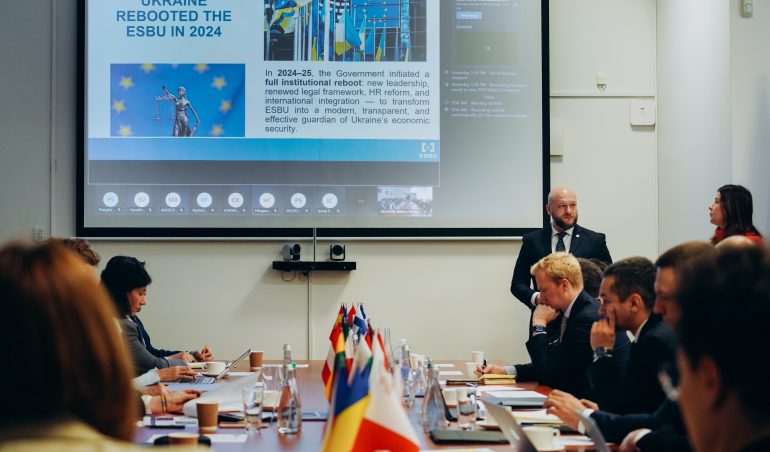
On the 10th of October, the first meeting of the Donor Coordination Group for the Economic Security Bureau of Ukraine (ESBU), hosted and facilitated by the European Union Advisory Mission (EUAM) Ukraine, brought together representatives from the ESBU, the European Commission, the EU Delegation in Ukraine and key donor countries. Far from a ceremonial gathering, it was a substantive working-level discussion that focused on practical reforms, concrete needs, and future coordination.
Participants jointly outlined the next steps in supporting the Bureau’s transformation into a modern, transparent, and independent institution capable of protecting Ukraine’s financial system. The discussions centred on staff attestation, digitalisation, and technical assistance to strengthen ESBU’s capacity to investigate economic crimes effectively.
Setting the Direction for Reform
Addressing the participants of the meeting, Head of EUAM Ukraine Rolf Holmboe underlined that “the Economic Security Bureau has the crucial mandate of protecting Ukraine’s economy by recovering the billions of Euros lost to financial crimes and of ensuring that corruption no longer undermines Ukraine’s stability. For Ukraine’s path to join the EU, this work is essential, but it is a problem that ESBU’s budget is kept limited which will undermine its ability to act effectively in the full scope of challenges.”
ESBU Director Oleksandr Tsyvinskyi reaffirmed the Bureau’s determination to turn plans into tangible outcomes. “We are aiming to make real change, not by words, but by real actions,” he said, emphasising that human capital remains at the core of an efficient ESBU. “But without proper technical equipment, modern technology, direct information exchange with our European counterparts, and external expertise, even the best professionals can do very little.”
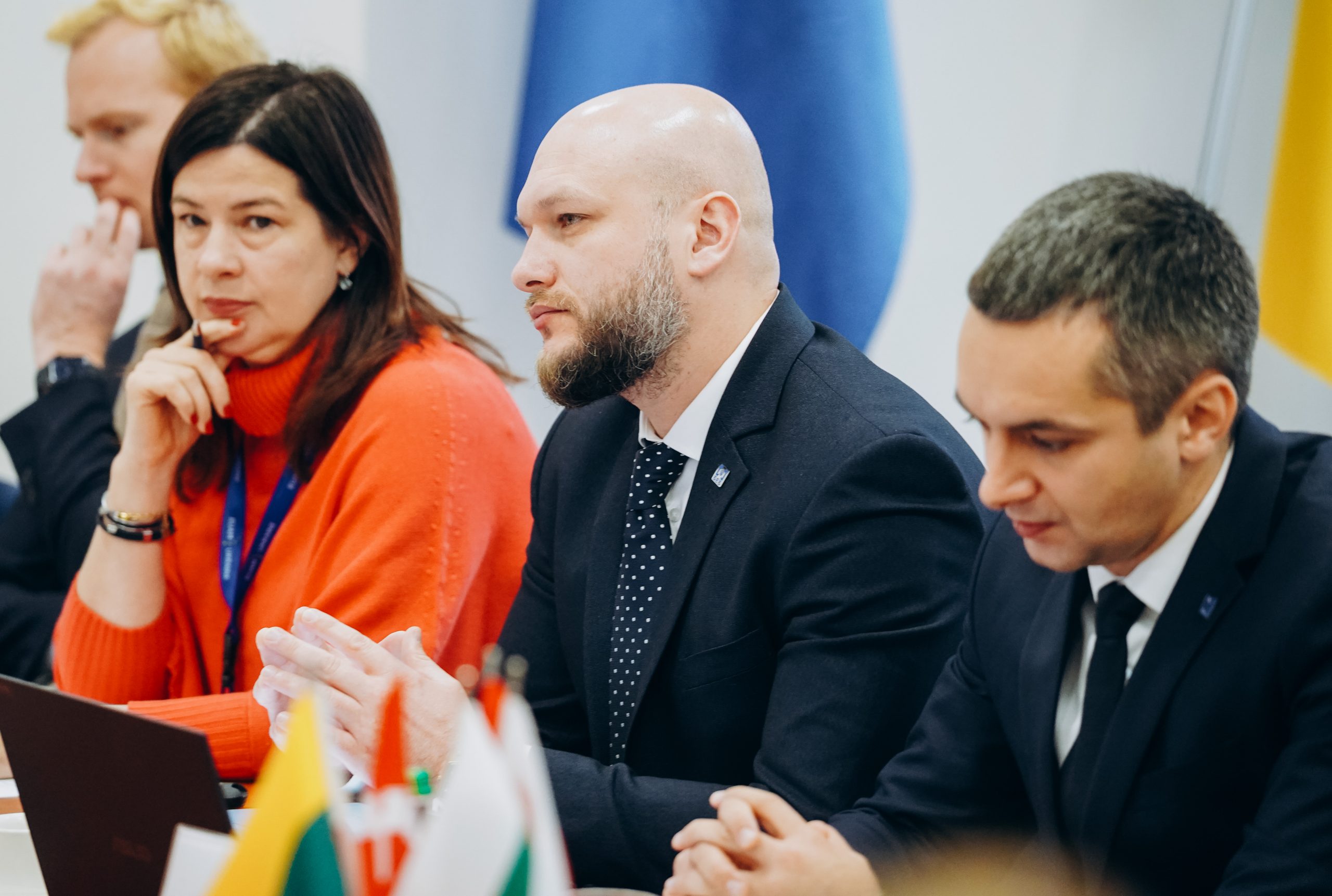
During the meeting, the Bureau’s leadership outlined an ambitious reform agenda, focusing on the comprehensive attestation of over 1,200 employees and the recruitment of an additional 2,800 to ensure full institutional capacity. A major step forward will be the development of a Unified Information System (UIS), which will use artificial intelligence to analyse tax and customs data, detect smuggling or money laundering, and ensure transparent use of international aid. ESBU also aims to strengthen its institutional independence by introducing legal safeguards against political interference and by establishing a Reform Office to oversee human resources, digitalisation, and communications.
“We all understand the responsibility and duty of ESBU to protect our state and our future, especially in the times of war,” noted First Deputy Director Taras Shcherbai, adding that “zero tolerance for corruption is essential for a prosperous Ukraine.”
EUAM Ukraine: From Strategic Advice to Practical Support
EUAM Ukraine reaffirmed its dual role as both a strategic adviser and a hands-on partner in supporting ESBU reforms. The Mission has already committed significant resources to help the Bureau achieve its goals. Among them are the donation of around 120 laptops and 125 monitors to facilitate the staff attestation process, a financial contribution of €100,000 to support logistical needs and staffing for the attestation commissions, and the engagement of EUAM experts to assist with background checks and evaluation oversight.
Beyond these immediate contributions, EUAM continues to support the Bureau through tailored training programmes in financial investigations, anti-money laundering, and intelligence-based analytical methods. The Mission is also developing a new public procurement training programme designed to help embed transparency and anti-corruption principles in state contracting. Advisory input is being provided to strengthen the ESBU’s Unified Information System and related risk management processes.
EUAM Head of Mission Rolf Holmboe noted that with the new leadership and a clear reform vision, the Bureau is well-positioned to build a transparent, resilient, and European future, but that strong political will and necessary funding will be essential elements for Ukraine to progress on the reform agenda.
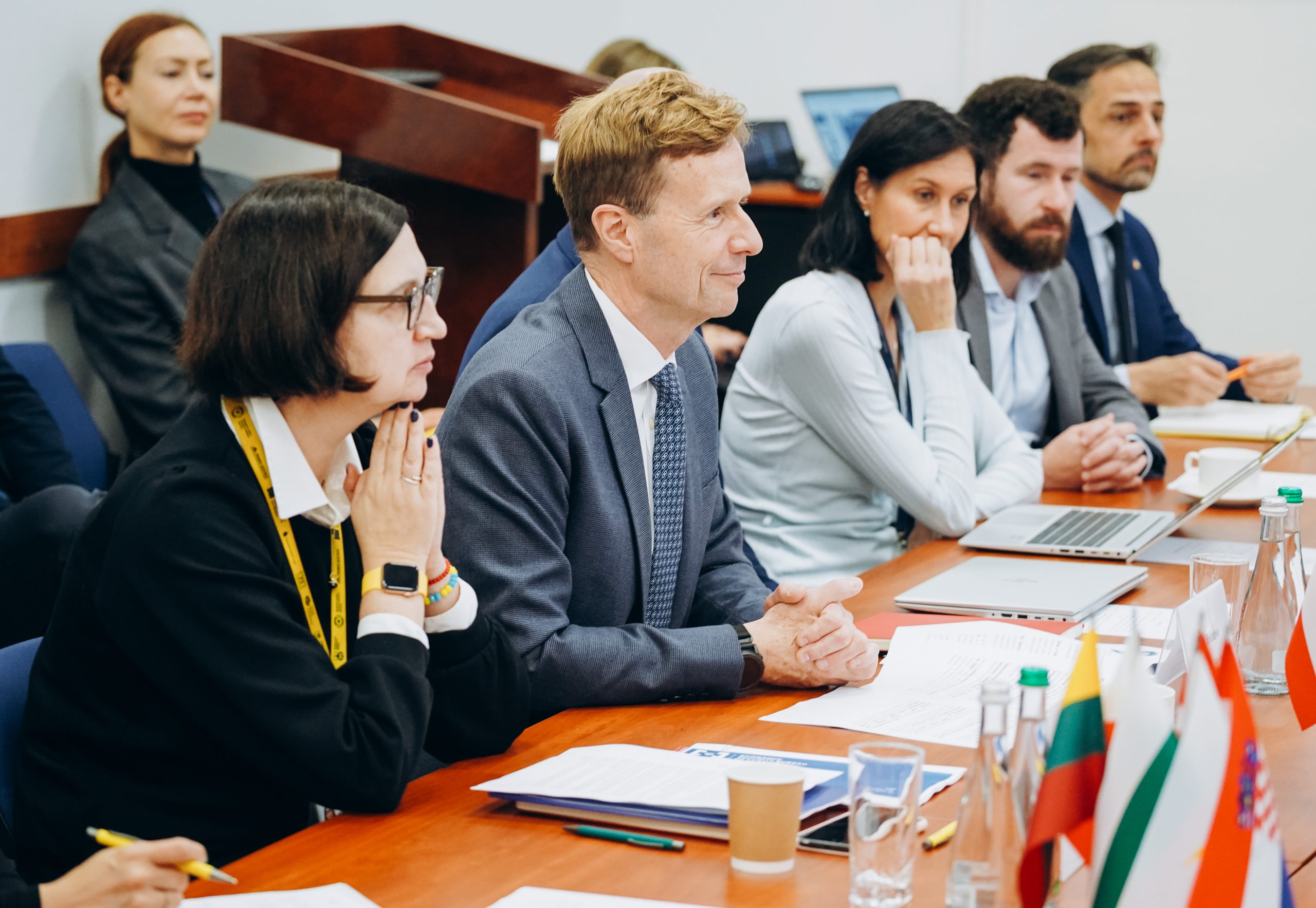
In a similar spirit, EUAM’s Head of Operations, Lynn Sheehan, underlined that this cooperation is not a one-time effort, but the beginning of a long-term partnership grounded in shared responsibility. She explained that the meeting had set the foundations for sustained collaboration: “This coordination meeting is just the beginning. We, in EUAM Ukraine, are determined to build a solid basis for further practical support to the ESBU, based on the tailored needs outlined by our partners.”
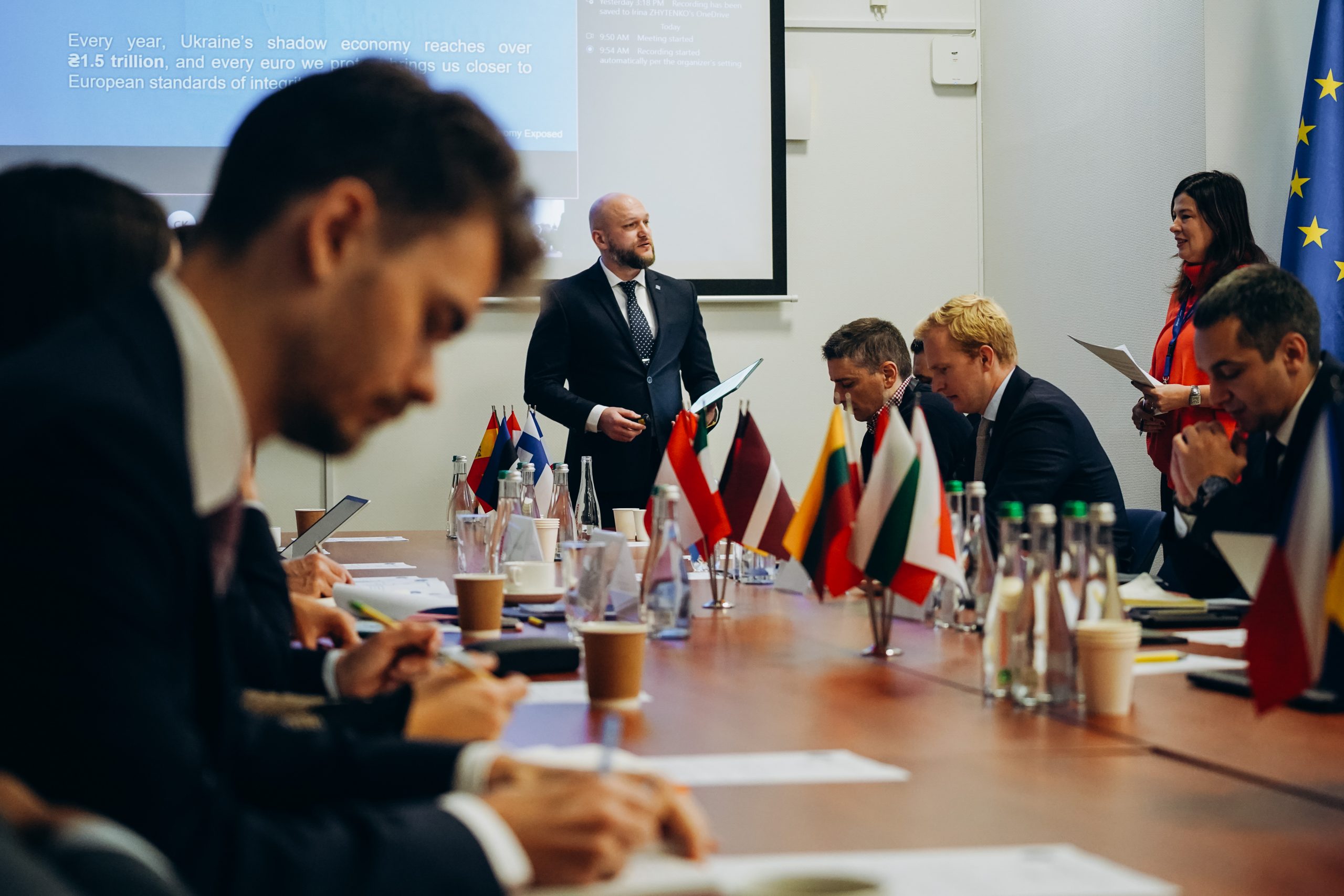
A United Front for Reform
The European Commission reaffirmed its readiness to support ESBU’s institutional development, noting that the adoption of the ESBU law was a key milestone in Ukraine’s EU integration process. “This is a unique opportunity to sustain reform – we must not miss it,” underlined the EU representative. To support the attestation process, the Commission has allocated €150,000 in co-financing.
Further contributions were announced by the Government of the Netherlands, which confirmed a €1 million package through the International Development Law Organization (IDLO) to assist with ESBU reform and capacity-building initiatives. Coordination with other partners such as GIZ and several EU Member States will ensure that resources and expertise are channelled effectively and transparently.
Moving Forward Together
The meeting concluded with a shared understanding that it was only the first step in a longer process of coordination and cooperation. The discussions were open, constructive, and focused on solutions, as participants explored specific mechanisms to translate commitments into measurable results.
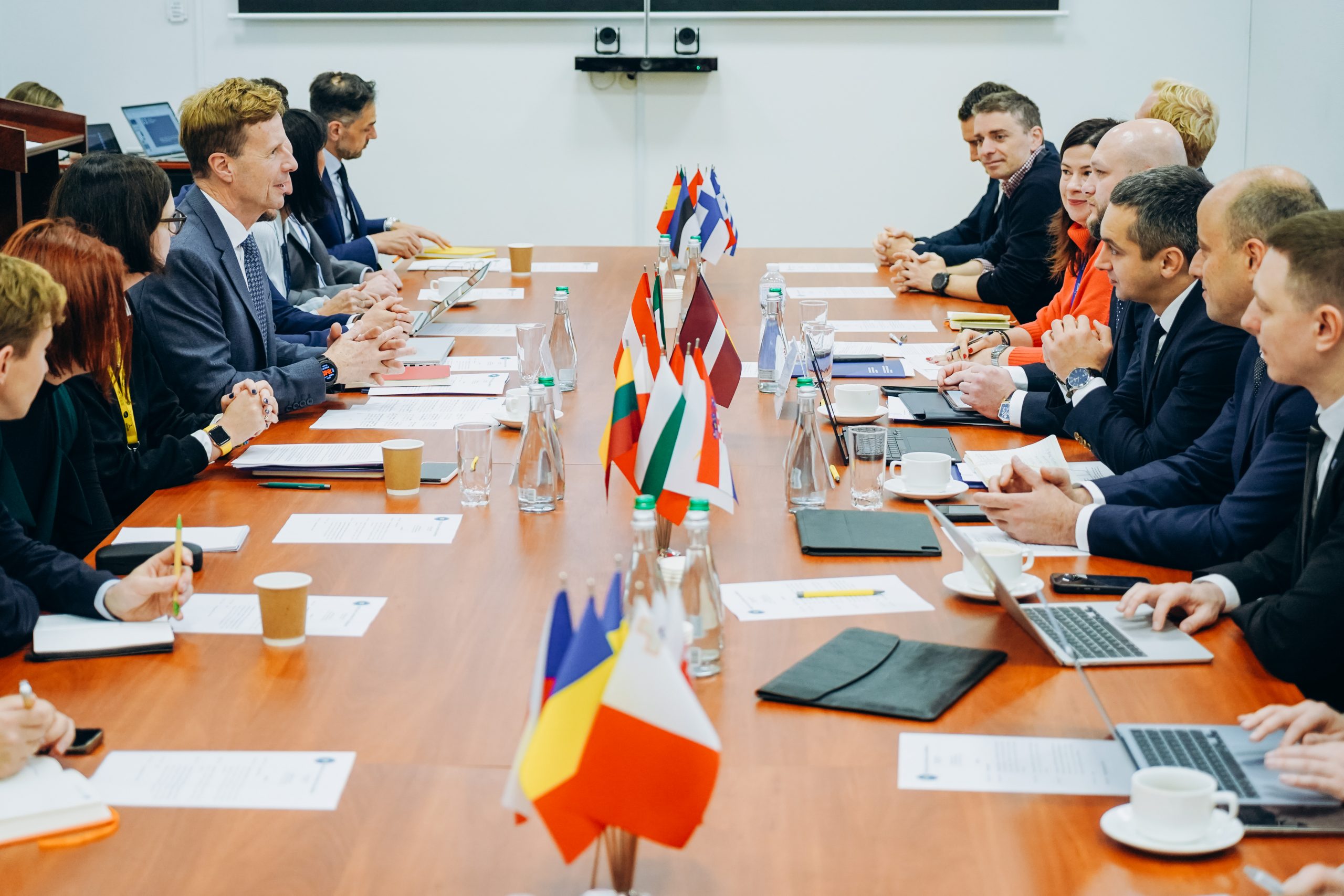
The ESBU’s successful reform is not only a matter of improving Ukraine’s financial security but also a cornerstone of the country’s path toward European integration. Strengthening this institution will determine how effectively Ukraine can prevent economic crimes, safeguard public funds, and align with EU standards of governance and accountability.


